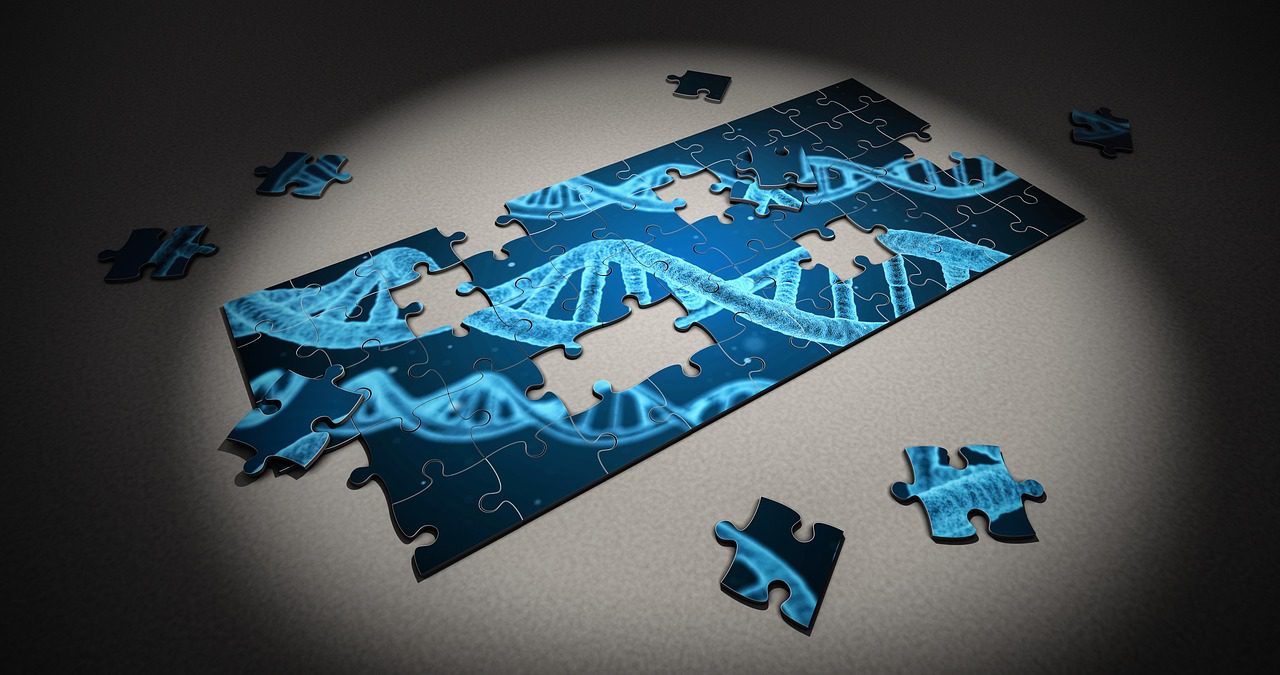Get the facts and details on CRISPR in this Q&A with Vonnie Estes, the new VP of Technology for the Produce Marketing Association (PMA).
CRISPR is one of the most touted tech innovations in ag in the last few years, but it is also controversial for some people. It is important for growers and breeders to understand the ins and outs of CRISPR so that they can accurately agvocate and debunk misinformation about CRISPR. A recent article on GrowingProduce.com featured a Q&A with Vonnie Estes the new VP of Technology for the Produce Marketing Association (PMA), where she is working to “bring technology to the produce industry across the supply chain.” See a summary below.
Q&A on CRISPR
Q: What exactly is CRISPR?
Estes: “CRISPR is a gene-editing tool that is shaping the future of both human health and agriculture…CRISPR has the potential to address important challenges like drought and changing pest populations in agriculture. We can also develop crops that are more sustainable with higher nutritional value and better flavor.
Gene editing is a collection of technologies, including CRISPR (short for “clustered regularly interspaced short palindromic repeats”), which allows plant breeders to make precise and targeted improvements in the plant’s genetic code. Unlike genetic modification, gene editing does not involve a transfer of foreign genetic material between species.”
Q: Why would a grower want to use CRISPR?
Estes: “CRISPR is a low-cost and fast new tool for plant breeders. Breeders can develop traits like disease resistance and non-browning along with color, flavor, and nutrition enhancements.”
Q: How would a grower get access to CRISPR?
Estes: A grower would buy seeds or stock from a germplasm provider that has developed a product with CRISPR. The breeder will have obtained a license and gone through the regulatory process. Today, the EU considers gene-edited crops as genetically modified, so food products must enter commerce under those rules. Different countries have different rules, so if a grower intends to sell germplasm or a food product outside of the U.S., rules of other countries apply.”
Q: What are the risks?
Estes: “Consumer acceptance is a barrier with gene editing. According to a survey from the Pew Research Center last November, about half of U.S. adults still believe GM foods are worse for human health than their non-GM equivalent. Whether consumers will be able to distinguish between gene editing and GMOs is unclear. There could be consumer backlash against brands that deploy gene editing.”
Q: So what’s the future outlook for CRISPR?
Estes: “Gene editing can meet the challenge of production, along with making food more flavorful and nutritious. The path to widespread usage is currently complicated – from the science to consumer acceptance. But with the tremendous enthusiasm of the research community, gene-editing technologies will improve rapidly along with the techniques and technologies needed to support crop use.”
Griffin Fertilizer is committed to helping both growers and ranchers make sound agronomic and economic decisions in order to maximize the health of their grove and pasture. As a full-service custom dry & liquid fertilizer blender and crop protection product distributor, we will continue our mission to further advance Florida agriculture. For questions or concerns about your farm or pasture, contact us and one of our team will be in touch.

